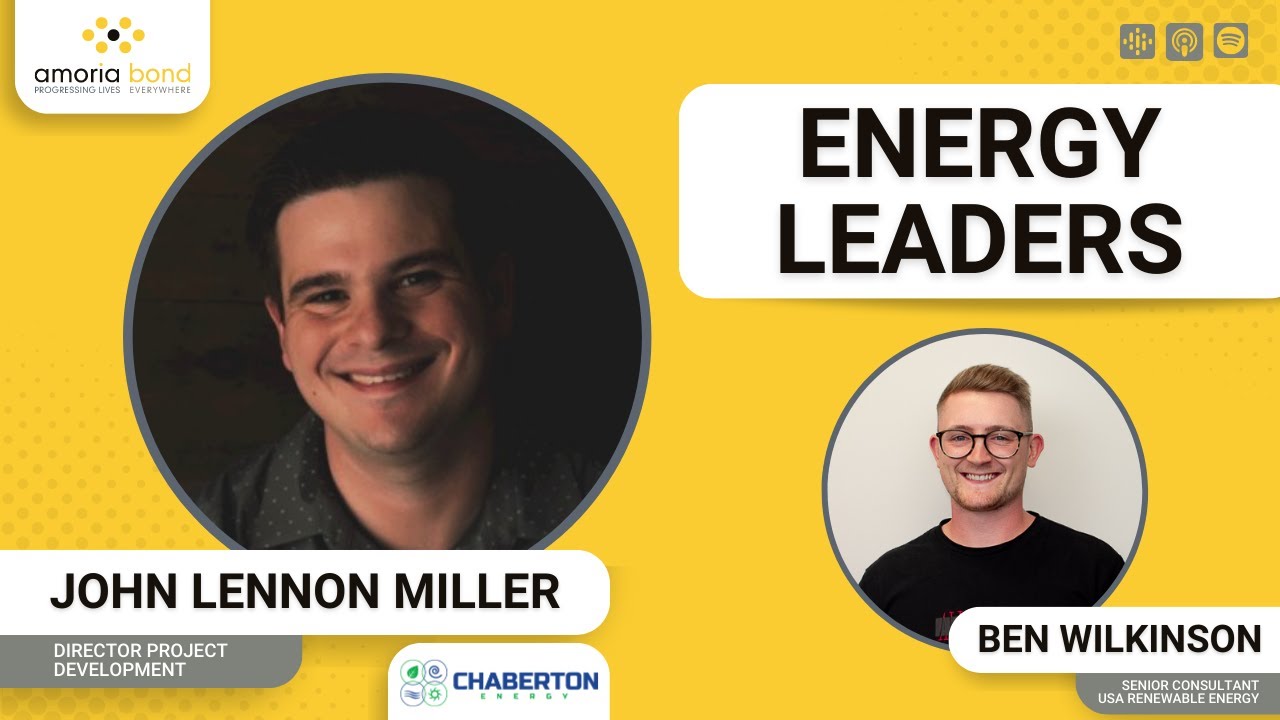At the mid-point of 2024, are we starting to see an impact from last December’s COP28 decisions?
It’s just seven months since 85,000 experts, including 150 heads of state and government gathered in Dubai for what was being billed as the first “global stocktake” of the world’s progress in meeting the terms set out in the Paris Agreement.
COP 28 closed with an agreement signalling “the beginning of the end” of the fossil fuel era with global agreements to accelerate action across all areas of climate commitments by 2030.
For the USA, this acceleration translates as a commitment to triple renewable power capacity and double energy efficiency by 2030. This bold statement requires significant commitments beyond those original set out in the Inflation Reduction Act - which itself has long been contentious in many circles.
Progress so far then? Back in March we reported on the biggest global energy transition investments at that time, which included $303.1 billion in the USA - a 15% YoY increase and cementing them as the second highest global investor, following China at $675.9 billion.
Since then there have been several more investment updates, one of the most prevalent coming from Amazon who in April announced nine new wind and solar projects, in line with the company’s own plan to run its operations at 100% renewable energy by 2025. These include a 100MW solar project with 70MW of energy storage in California’s Imperial Valley, a 118MW wind project in Oklahoma and multiple solar projects in Ohio with a combined 400MW capacity.
The potential is certainly there, and with the potential of ongoing projects, there are signs that the US is following through on its commitments from COP 28 - though continued increase is necessary. It may only have been seven months since the conference, but with the 2030 deadline looming and a long road still to go, pressure is building.

How Do These Plans Impact Hiring?
Commitments, investments and goals are all one thing, but finding people to facilitate the energy transition is an entirely different matter.
Transitioning oil and gas workers to green energy jobs has long been touted as a solution, and there are many ways in which energy professionals can make that switch. But it does not come without challenges.
Research using data from the O*NET database suggests that, though people employed in fossil fuel engineering have the transferable skills to switch to green jobs, they are often not located in the areas most expected to see green area production grow.
This is an often overlooked area for stakeholders, who focus largely on the transferability of skills over the location of job growth. Co-location is the highest barrier to a Just Transition, and geo-targeted intervention may be required for much of the above-mentioned investments plans to resolve the problem.
There are other staffing hurdles for developers of wind and solar renewable energy projects in the USA. While the IRA offers significant tax credits to bolster renewable developments - these come with stringent requirements. Contractors must meet prevailing wage standards, ensure a certain percentage of work is performed by apprentices, and maintain specific apprentice-to-journeyman ratios. These conditions, while beneficial in the long run, have created hesitancy among some companies, delaying project initiations and complicating staffing decisions.
Then of course there are the general problems with talent acquisition and retention. The demand for skilled RTOs (Renewable Technical Officers) and other specialists often outstrips supply, making it difficult for companies to build and retain strong teams.
For those leading new projects in the US renewable energy market, partnering with a specialist staffing firm that understands these hurdles and has the network and expertise to overcome these challenges is a must.
How The USA Can Overcome Its Energy Transition Staffing Challenges
Despite a general downturn in the overall staffing industry, engineering staffing is one of the few segments expecting to see growth this year, as reported by the SIA in their May Staffing Industry Pulse Survey Report.
The USA remains the world’s second-largest market for renewable energy, which globally is estimated to add 10 million new workers by 2030.
To improve their employer brand offering and maximise their long-term value in bringing in specialists on renewable energy projects, firms should be looking in to:
Investing in Training and Development: Given the legislative requirements for apprenticeships and training, investing in comprehensive training programs can help bridge the talent gap. Developing internal training capabilities will not only help meet compliance requirements but also build a pipeline of skilled professionals ready to take on leadership roles.
Focusing on High-Workforce Areas: Targeting locations with strong prospects can help mitigate some of the risks associated with economic uncertainty. Skills transitioning from fossil fuels to green energy is generally seen as an effective solution so making use of the areas where that existing engineering workforce are based can significantly reduce staffing challenges.
Enhancing Workforce Flexibility: Embracing flexible staffing solutions, such as temporary or contract positions, can provide the agility needed to navigate economic fluctuations. This approach allows companies to scale their workforce up or down based on project demands and market conditions.
Leveraging Specialized Recruitment Services: Partnering with a specialized recruitment firm like Amoria Bond can provide access to an extensive network of qualified candidates. Our expertise in renewable energy staffing ensures that you can find the right talent quickly and efficiently.
Amoria Bond’s energy recruitment specialists understand the challenges and opportunities of the renewable energy sector better than anyone, thanks to our focused approach to staffing the renewable energy sector. By partnering with us you gain access to our knowledge and expertise that can help you implement the above, in addition to:
An extensive network of industry professionals from RTOs, project managers and senior directors. Our global network brings in experts from all regions who can be mobilised to wherever your project is based.
A fast and efficient process that can find you qualified candidates quickly, minimizing project delays.
Industry expertise with knowledge from across the renewable energy world beyond recruitment, helping you navigate legislative requirements and market trends and generate a strong employer brand to source and retain experienced professionals.
If you want to learn more about Amoria Bond’s energy staffing expertise, or discover how we’re helping US energy companies hit their project targets, get in touch with our specialists today.





